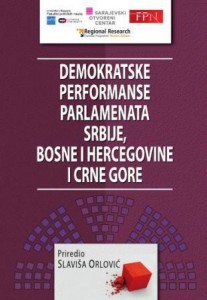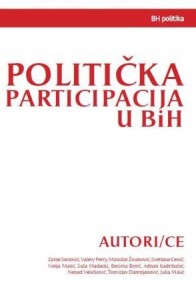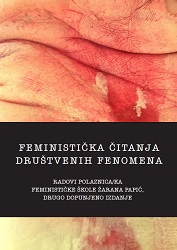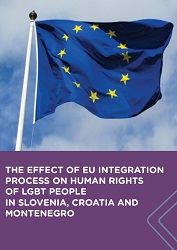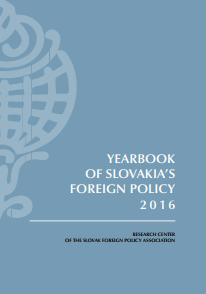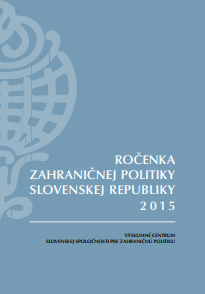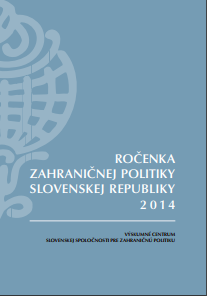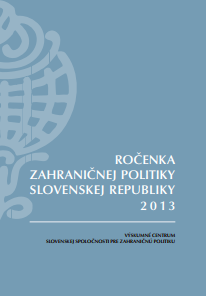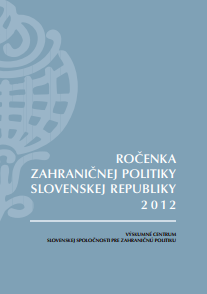Author(s): Zsolt Gál / Language(s): Slovak
Publication Year: 0
Ekonomická situácia v Európskej únii sa po niekoľkých búrlivých rokoch v roku 2013 upokojila: pominula existenčná kríza, ktorá hrozila bezprostredným rozpadom menovej únie a bankrotmi členských štátov. Zachraňovať bolo treba iba pomerne malý a málo významný Cyprus, väčšina európskej politickej špičky mohla konečne stráviť leto na dovolenkách namiesto krízových samitov. Konečne bol čas aj na systémové riešenie krízy (vytvorenie bankovej únie) namiesto predtým prevažujúcich ad hoc rie- šení. Samotná kríza však nepominula. Podarilo sa síce odvrátiť bezprostrednú hrozbu štátneho bankrotu členských krajín z periférie EÚ, čo signalizovali klesajúce výnosy štátnych dlhopisov aj prémie na ich poistenie (swapy na úverové zlyhanie). Avšak fundamentálne ukazovatele reálnej ekonomiky (rast, nezamestnanosť, zadlženosť) sa výrazne nezlepšili, niektoré sa dokonca zhoršovali. A predovšetkým sa zväčšili už aj tak priepastné rozdiely medzi „severom“ a južnou perifériou Európskej únie. Kým sever (najmä Nemecko, resp. krajiny okolo nemeckého jadra a Škandinávia) naozaj ukazoval známky ekonomického oživenia (rast, klesajúca nezamestnanosť) a rozpoč- tovej konsolidácie (nižšie rozpočtové deficity alebo prebytky, pomalší rast, dokonca pokles verejného dlhu), na južnej periférii bol pravdou opak. Upokojenie situácie na trhu s dlhopismi problémových krajín teda nebolo dôsledkom zmeny ekonomických základov, ale iných faktorov. Najmä toho, že začal fungovať posledný protikrízový ná- stroj, slovná intervencia guvernéra Európskej centrálnej banky Maria Draghiho z leta 2012, a následne ohlásený (ale doteraz reálne nepoužitý) nový program priamych monetárnych transakcií (Outright Monetary Transactions, OMT). Okrem toho priaznivo pôsobili aj iné externé faktory: najmä pretrvávajúca hojnosť lacných peňazí na trhoch (v dôsledku politiky všetkých kľúčových centrálnych bánk na svete) a fakt, že nedošlo k žiadnemu veľkému geopolitickému stretu, resp. udalosti vo svetovej ekonomike, ktorá by viedla k vonkajšiemu šoku. Tieto faktory sa však postupne zhoršujú, čo môže podkopať krehký ekonomický rast v Európe. Éra lacných peňazí a nulových úrokových sadzieb sa pomaly (možno veľmi pomaly) končí a postupná eskalácia ukrajinskej krízy dostala EÚ do prehlbujúcej sa ekonomickej vojny s Ruskou federáciou. Pokračovanie oživenia ohrozuje aj krátkozraká politika mnohých národných vlád, ktoré získaný čas (opäť) nepoužili na zrýchlenie či aspoň naštartovanie štrukturálnych reforiem. Skrátka, príliš veľa faktorov negatívne pôsobí na krehké a asymetrické zotavenie, a preto kríza bude pretrvávať. Nedá sa vylúčiť ani to, že opäť prerastie do existenčnej krízy a trhy budú reálne testovať program OMT, čiže odhodlanosť ECB urobiť „všetko“ pre záchranu eura. Napriek všetkým týmto problémom je európsky integračný projekt pre okolité krajiny stále príťažlivý – signalizoval to vstup Chorvátska ako 28. člena do EÚ, ale aj rozšírenie menovej únie o 18. člena (pozvánka do eurozóny pre Lotyšsko v júli 2013) či pozoruhodná snaha väčšiny ukrajinskej populácie zachovať európske smerovanie krajiny (uzavrieť asociačnú dohodu vrátane dohody o voľnom obchode s EÚ namiesto vstupu do euroázijskej únie).
More...
